At the best of times, our bodies work like well-oiled machines. We don’t even have to think about the movements our joints make to get us through daily life, from knees bending as we walk to our jaws opening and shutting when we chew and talk. But for people who suffer from TMJ, the simple act of chewing or even talking can cause pain in the jaw, ear aches or headaches, or neck pain.
TMJ is the common acronym people use when referring to temporomandibular joint disorders. You might also see it referred to as TMD. This is when the temporomandibular joint, the connecting point between the jaw and the skull, becomes painful or swollen. The exact cause of TMJ can often be hard to determine, as there are many factors that can contribute to this pain. Some causes include:
· Grinding or clenching teeth, which puts pressure on the joint
· An injury to the jaw
· Arthritis in the joint
· Stress, causing teeth to clench
When it comes to treating TMJ, there are many options. Over-the-counter pain medications or the use of moist hot or cold packs can help relieve symptoms. Chiropractic treatment is also an option for people suffering from TMJ. At Foster Chiropractic, we take a holistic approach to healing, a method that is helpful with TMJ.
The first step in chiropractic treatment of TMJ is to help get the jaw working properly. If the cartilage in the joint is worn down from excessive grinding, the joint can become misaligned. Chiropractic care can relieve the tension on this area. It might even be that poor posture or spinal misalignment is contributing to TMJ, and getting everything back in line will help relieve the pain.
In addition to the work at the office, we will suggest patients do jaw exercises at home to help strengthen the joint and reduce stress. We’ll also work with you to modify certain habits that might be leading to TMJ pain. Things like clenching teeth, biting nails and excessive chewing can all contribute to TMJ. Understanding what causes the pain, being aware of your habits and alleviating the stress that might lead to those habits can all help reduce the occurrence of TMJ.
Working together with your dentist or physician, we can create a treatment plan that works for you. “When my dentist recognized my teeth grinding was leading to TMJ that caused me to have migraines, he referred me to Dr. Foster,” said one of our patients, K. Smith. “I would have never guessed the TMJ that caused my migraines could have been fixed by my chiropractor, but thanks to the teamwork between my dentist and Dr. Foster, I am not pain free in my jaw and have no more migraines.”
If you are suffering from pain or swelling from TMJ, call Foster Chiropractic for a consultation.

